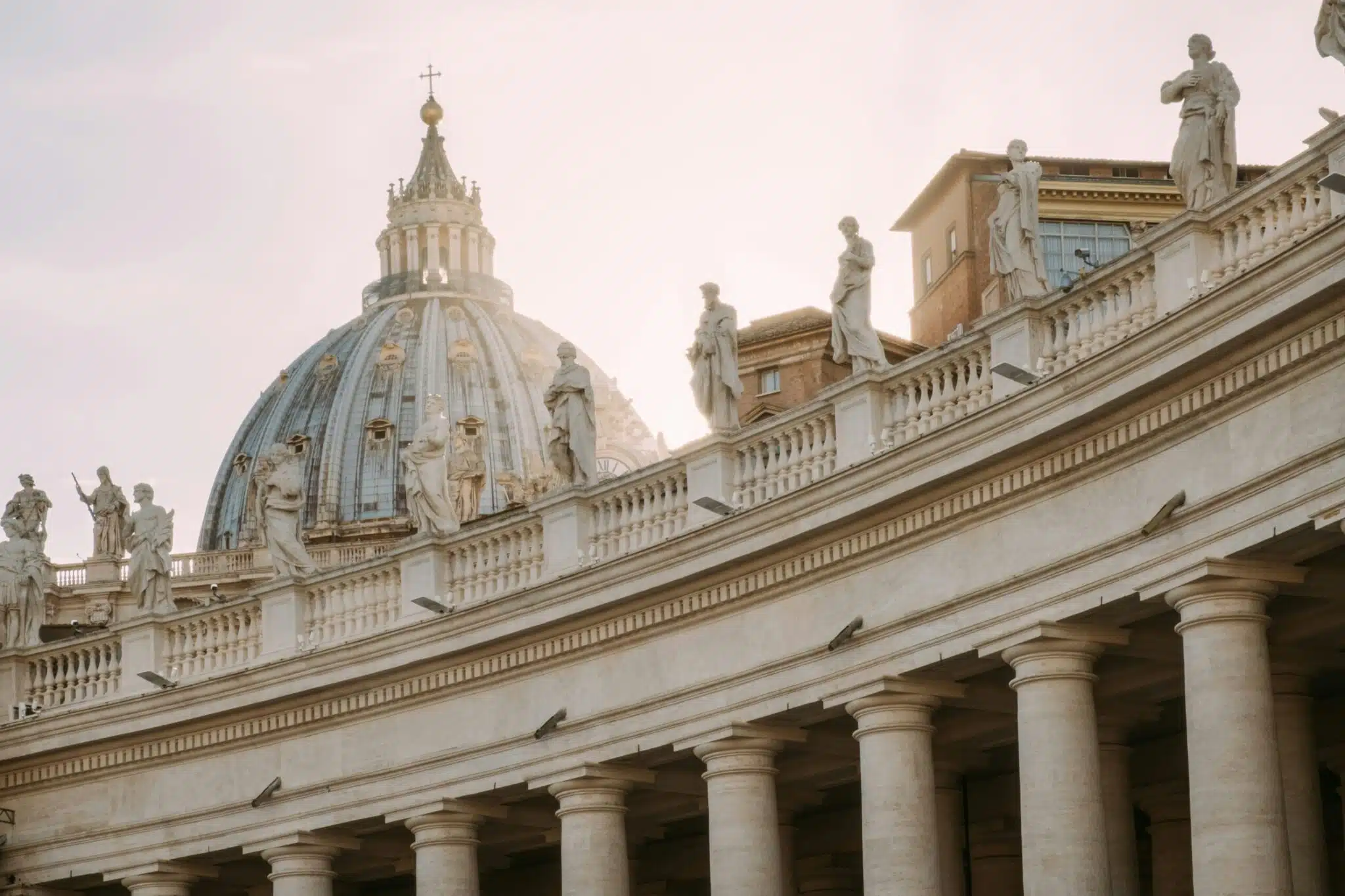In A Concise History of the Catholic Church (Doubleday, revised and expanded edition), the author, Father Thomas Bokenkotter, writes: “At first Constantine observed an attitude of formal correctness toward paganism. He remained its Supreme Pontiff, paid homage to the sun god on the official coinage and in general was careful not to alienate the pagan masses and aristocracy of Rome.” According to Webster’s New World College Dictionary, the definition for the pope is “supreme pontiff.” Why is that?
Father Bokenkotter goes on to explain that Constantine eventually supported Christianity very strongly. The Latin term pontifex means “bridge builder.” In ancient Roman religion, the head priest was called the pontifex maximus (the greatest bridge builder). Julius Caesar held this title more than 40 years before Jesus was born.
After Christianity was legalized under the Emperor Constantine (313), it became the state religion within 100 years. Adopting a title coming from Roman paganism became feasible then. Applying this title to the bishop of Rome, the successor of St. Peter, seemed appropriate.








